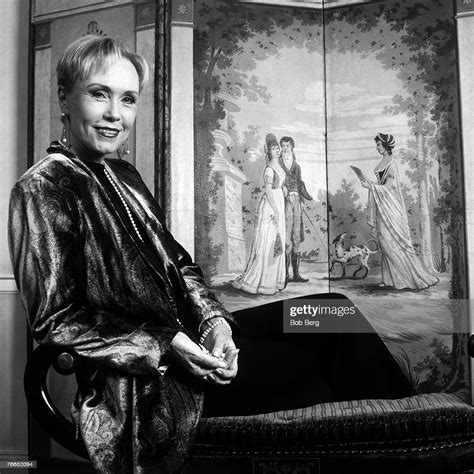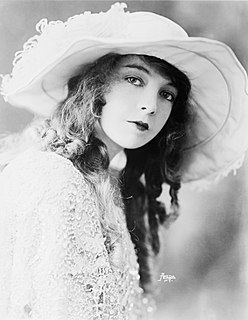A Quote by Judith Martin
The challenge of manners is not so much to be nice to someone whose favor and/or person you covet (although more people need to be reminded of that necessity than one would suppose) as to be exposed to the bad manners of others without imitating them.
Related Quotes
What my children appear to be on the surface is no matter to me. I am fooled neither by gracious manners nor by bad manners. I am interested in what is truly beneath each kind of manners...I want my children to be people- each one separate- each one special- each one a pleasant and exciting variation of all the others
This is another thing which I really like investigating in my novels: what is it that makes an intimate society, that makes a society in which moral concern for others will be possible? Part of that I think are manners and ritual. We tried to get rid of manners, we tried to abolish manners in the '60s. Manners were very, very old-fashioned and un-cool. And of course we didn't realise that manners are the building blocks of proper moral relationships between people.
There are two qualities that make fiction. One is the sense of mystery and the other is the sense of manners. You get the manners from the texture of existence that surrounds you. The great advantage of being a Southern writer is that we don't have to go anywhere to look for manners; bad or good, we've got them in abundance. We in the South live in a society that is rich in contradiction, rich in irony, rich in contrast, and particularly rich in its speech


































